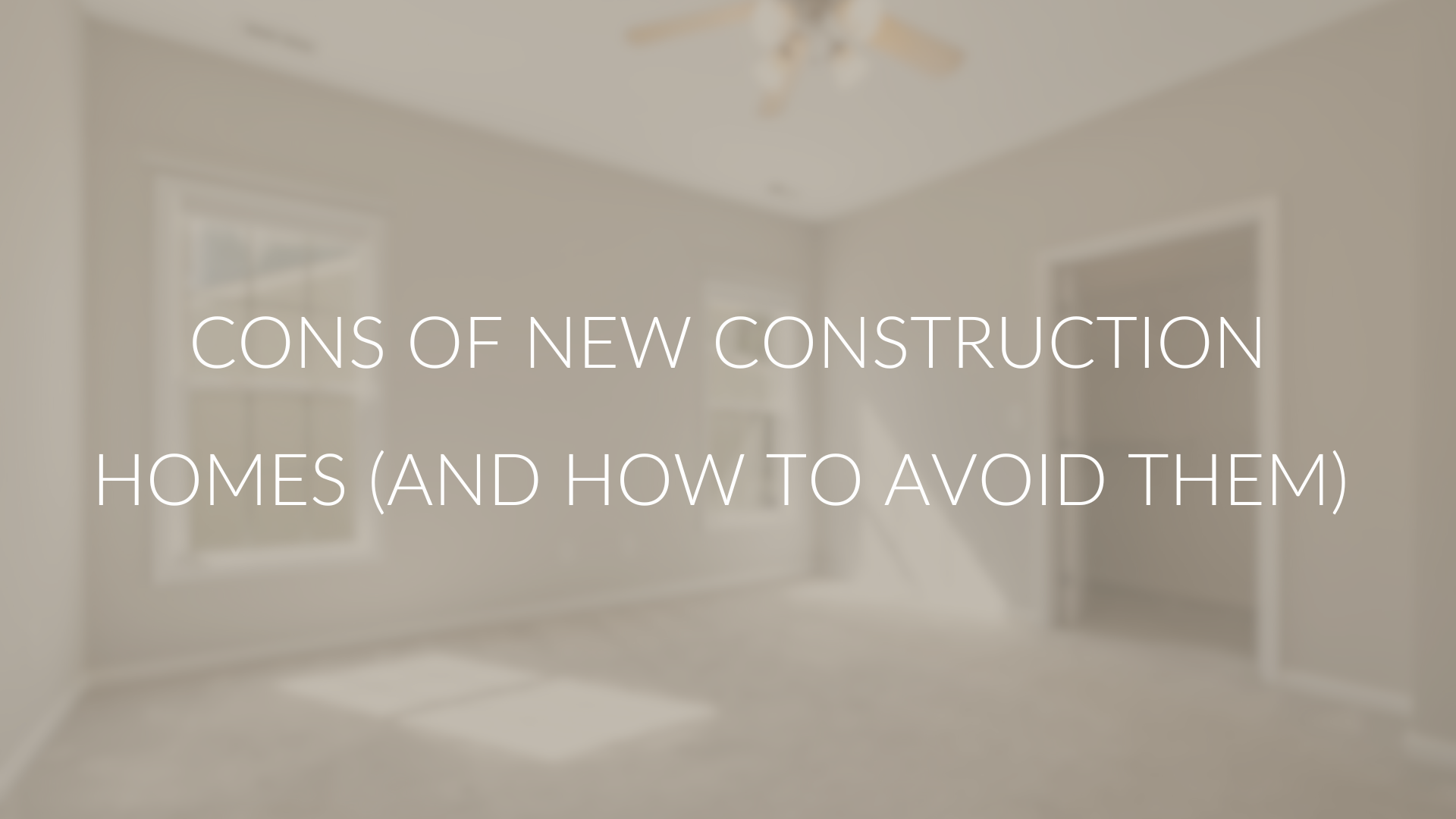
1. Construction Timelines Can Be Longer Than Expected
While builders aim to complete homes on schedule, factors like labor shortages, permitting delays, weather conditions, or supply chain issues can lead to unexpected delays. If you’re on a tight timeline or planning to sell another property concurrently, this uncertainty can be stressful. Planning for flexibility—whether through extended closing dates, temporary housing, or adjusted financing—can help you manage this risk more smoothly.
2. Hidden Costs and Upgrades Add Up Quickly
The base price of a new construction home may seem affordable, but once you start adding upgrades, the final price can climb significantly. Want hardwood floors instead of carpet? That’s an upgrade. Stainless steel appliances? Likely extra. Even basic features like fencing, landscaping, or air conditioning may not be included. The key is to request a detailed list of standard inclusions vs. optional features early in the process so you can prioritize what matters most and avoid sticker shock later.
3. Construction Zones Can Be Noisy and Unsettled
If you’re one of the first buyers in a multi-phase development, you could be living in a construction zone for months or even years. The sound of machinery, dust in the air, and heavy truck traffic can be disruptive. To minimize this inconvenience, ask the builder for a timeline of the overall development and choose a lot in a later phase—or be prepared for the temporary inconvenience in exchange for long-term value.
4. Smaller Lot Sizes and Limited Outdoor Space
Today’s subdivisions often prioritize density, which means new homes are frequently built on smaller lots than older homes. If a spacious backyard, privacy, or gardening space is important to you, be sure to compare lot sizes, property lines, and orientation. Premium or corner lots may offer more outdoor space but often come with higher price tags. Walking the neighborhood in person can give you a much clearer idea of what you’ll get.
5. Community Amenities Might Be Years Away
Builders often market future plans for parks, schools, shopping centers, or community facilities—but not all of these are guaranteed, and they may take years to complete. If proximity to amenities is important for your lifestyle, verify which features are already built and which are just proposals. Consult city planning documents, speak with municipal offices, or review zoning applications to better understand what’s coming—and when.
Conclusion: Be Informed to Buy With Confidence
New construction isn’t perfect, but many of its downsides can be avoided with preparation, research, and the help of a knowledgeable agent. By understanding what’s included, what’s not, and what to expect from your builder and community, you’ll be better equipped to make the right decision. Let’s talk about how to make your new home purchase in Guelph a smart and rewarding experience.



